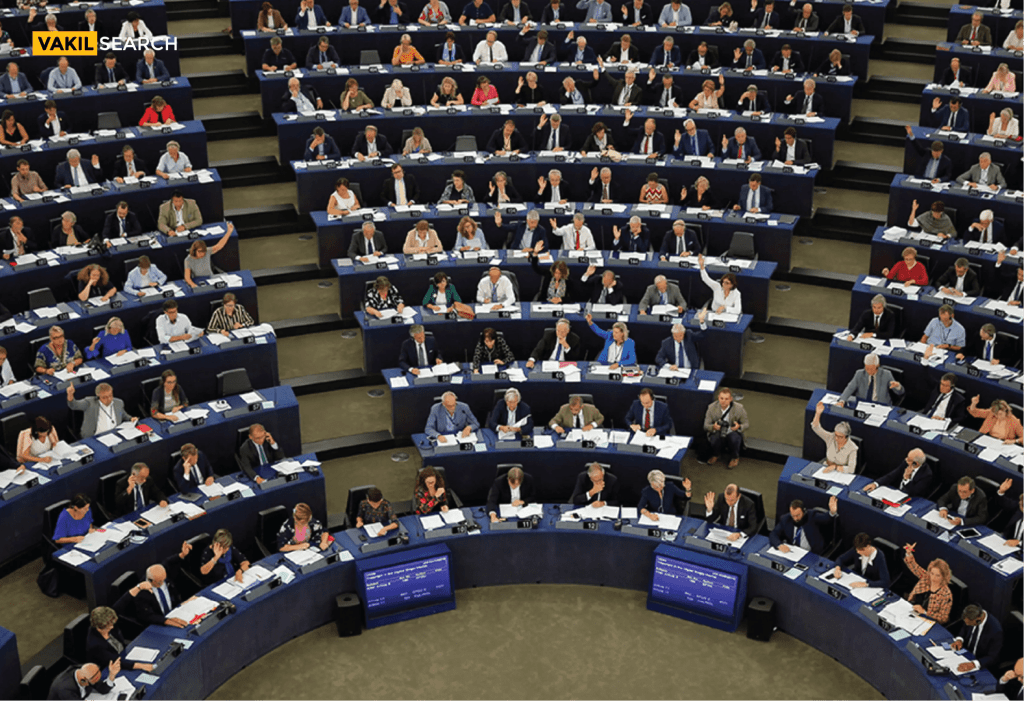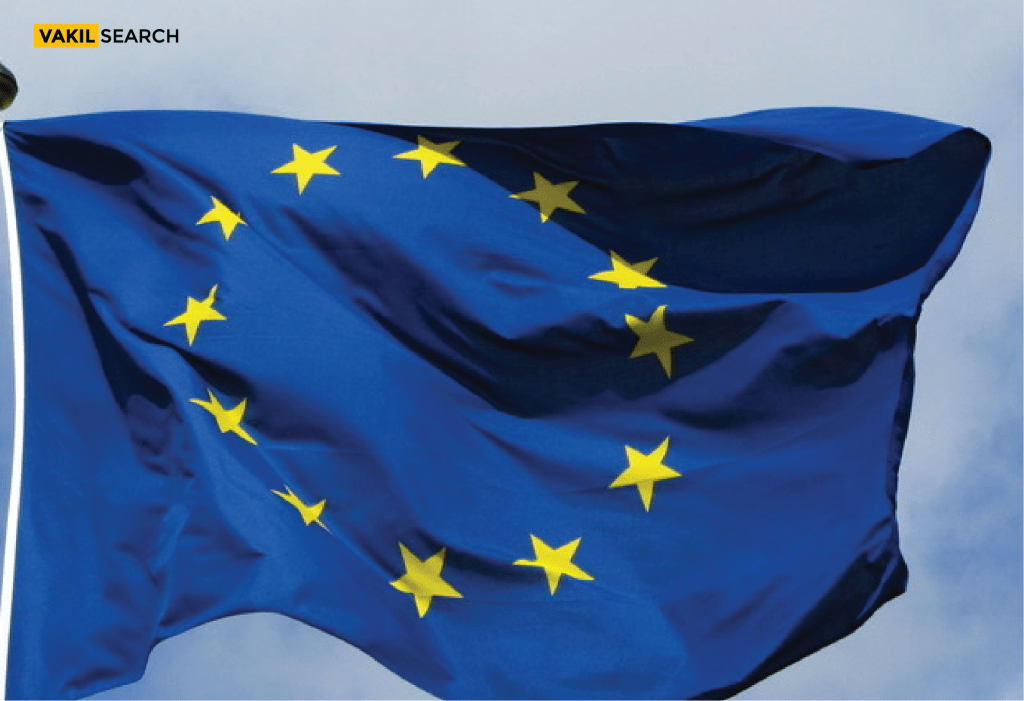The European Commission has withdrawn three draft regulations aimed at governing technology patents, artificial intelligence (AI) liability, and consumer privacy on messaging applications. The decision by the EU Commission follows extensive lobbying from industry stakeholders and a lack of consensus among EU lawmakers and member states.
The scrapped proposals included a regulation on standard essential patents (SEPs), the AI Liability Directive, and an update to the ePrivacy Regulation. The EU Commission, in its 2025 work programme, stated that it saw no foreseeable agreement on these issues and would assess whether to introduce new proposals in the future.
Standard Essential Patents Regulation Dropped
The regulation on SEPs was introduced two years ago to resolve disputes over licensing costs for patents essential to telecommunications equipment, smartphones, computers, connected vehicles, and other smart devices. The proposal aimed to prevent costly and prolonged litigation over patent royalties.
However, the draft faced opposition from major patent holders such as Nokia, Ericsson, and Qualcomm, who argued that it would weaken incentives for innovation. Meanwhile, companies dependent on these patents, including Apple, Google, and car manufacturers, supported regulatory measures to ensure fair licensing fees.
Nokia welcomed the decision to scrap the proposal, stating that the rule “would have had an adverse impact on the global innovation ecosystem, in particular the incentives for European companies to invest billions of euros each year in R&D.”
Conversely, the Fair Standards Alliance, representing companies such as BMW, Tesla, Alphabet’s Google, and Amazon, criticised the move, calling it a setback for businesses seeking a predictable and transparent SEP licensing system.
“The withdrawal sends a terrible signal to innovative businesses who rely on a predictable and fair SEP licensing system,” the lobbying group said in a statement.

AI Liability Directive Abandoned
The EU Commission also withdrew the AI Liability Directive, a proposal introduced in 2022 that would have allowed consumers to seek compensation for damages caused by AI technology due to provider negligence or system failures. The proposal aimed to establish clear accountability rules for AI developers, providers, and users.
Despite its withdrawal, legal experts believe the EU remains committed to AI regulation.
“We should not assume this move signals a change in policy direction for the Commission when it comes to the regulation of AI,” said Rod Freeman, head of law firm Cooley’s global products practice. “We have ground-breaking new laws on the books now in Europe governing AI, the impact of which we are still yet to see.”
The European Union recently introduced the AI Act, which sets comprehensive rules for high-risk AI applications and enforcement mechanisms. Some analysts suggest that this existing framework may have contributed to the decision to drop the AI Liability Directive.
EPrivacy Regulation Revision Scrapped
The Commission also abandoned its attempt to revise the ePrivacy Regulation, which sought to extend telecom privacy rules to messaging services such as WhatsApp and Skype. The original proposal, introduced in 2017, aimed to create a level playing field between Big Tech and telecom providers by subjecting online messaging platforms to stricter privacy requirements.
However, the proposal has been stalled since 2020 due to disagreements among EU member states. Key sticking points included rules on cookie tracking and provisions related to detecting and removing child pornography.
The Commission cited recent legislative developments as a reason for withdrawing the proposal. “No agreement was expected from co-legislators, and the proposal is outdated in view of some recent legislation,” the Commission stated.

Implications and Future Considerations
The withdrawal of these three proposals highlights the challenges the EU faces in regulating the fast-evolving technology sector. While industry stakeholders welcomed the move in some areas, others expressed concerns over the lack of regulatory clarity.
The EU Commission has not ruled out the possibility of revisiting these issues with revised proposals. As the European Parliament and Council continue discussions on digital regulation, further developments may emerge in the coming months.
Vakilsearch helps businesses and individuals protect their intellectual property with expert legal assistance. Get in touch for seamless patent registration and compliance support.
- Bengaluru Property Tax to Rise as Govt Approves Waste Fee - March 13, 2025
- GST Rates May Drop Soon as Council Reviews Tax Structure - March 10, 2025
- Foreign Assets Worth ₹29,000 Cr Declared After ITD Campaign - March 7, 2025

